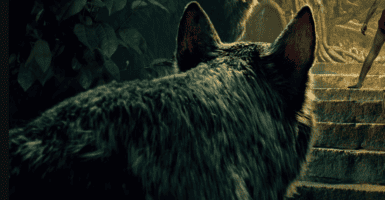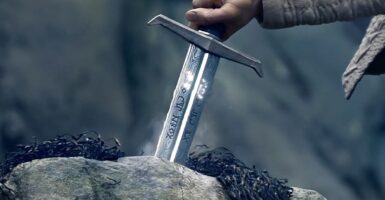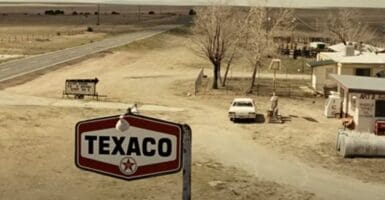The Star Trek Fan-Favorite Heroes Go Bad
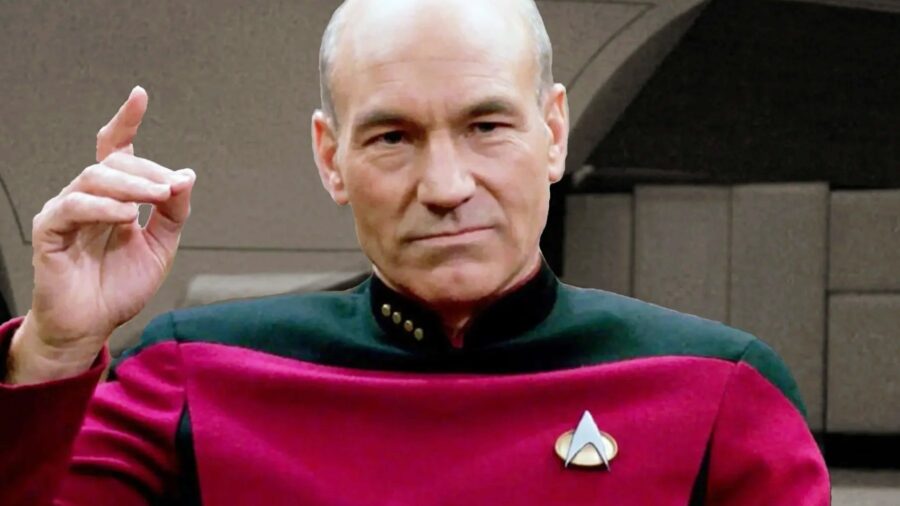
Throughout the history of Star Trek, most episodes and all of the movies have been from the Starfleet perspective. Because of that, audiences are predisposed to see Starfleet as the good guys, but this isn’t always the case with this Paramount franchise. In fact, you may want to cancel that adventure in the holodeck because we’re going to break down some of the most notorious instances of Starfleet (including your favorite characters), turning into some of the worst bad guys in the galaxy.
Starfleet may be a force for good in the universe, but as every Star Trek series shows, that doesn’t always make them the heroes.
In Star Trek: Deep Space Nine, we are introduced to Section 31, a secretive group that predates the Federation and works to further Starfleet interests without being held back by Federation morality.
As a result, Section 31 isn’t afraid to lie, torture, and kill on behalf of Starfleet, and in Star Trek Into Darkness, we see how Admiral Marcus abuses this power to create a battleship that he constructed with the help of Khan, an ancient Augment warlord who nearly took over Earth. Ultimately, this group believes that the ends justify the means, which is antithetical to all of the ideals that Starfleet claims to believe in.
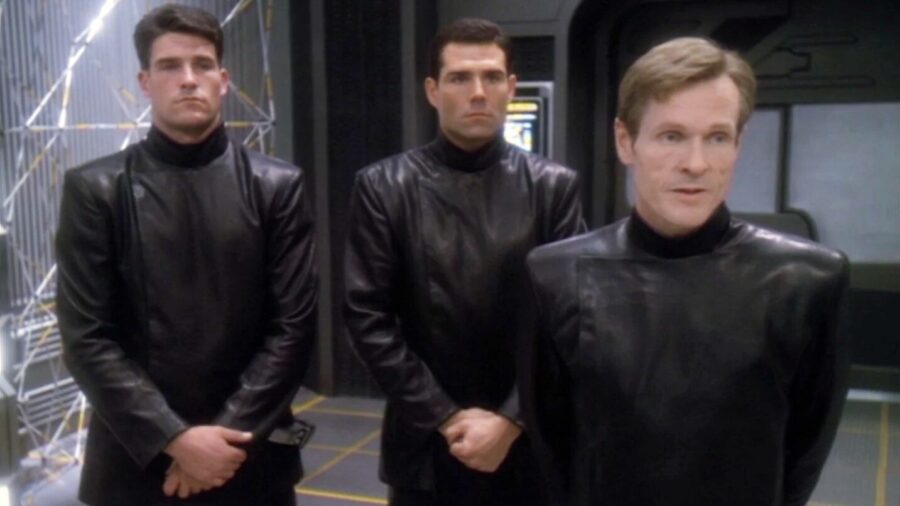
In the Star Trek: The Next Generation episode “Journey’s End,” we see the descendants of Native Americans used as a pretty blatant metaphor for America’s brutal history: thanks to a recent treaty between the Federation and Cardassians, Captain Picard must forcibly move these residents from their new home to make the Cardassians happy.
Besides the time he became a literal Star Trek villain, Captain Picard has been on the morally wrong side of Starfleet decisions, forcing fans to admit Wesley was right.
Wesley Crusher is horrified by this and uses his newfound Traveler powers to try to stop it, but Picard does his best to forcibly remove Native Americans from their home. This is pretty monstrous on the face of it, but it’s doubly weird because when Picard faces a similar situation in Star Trek: Insurrection, he is willing to resign his commission rather than follow orders to remove residents from a planet so the Federation can exploit its resources.
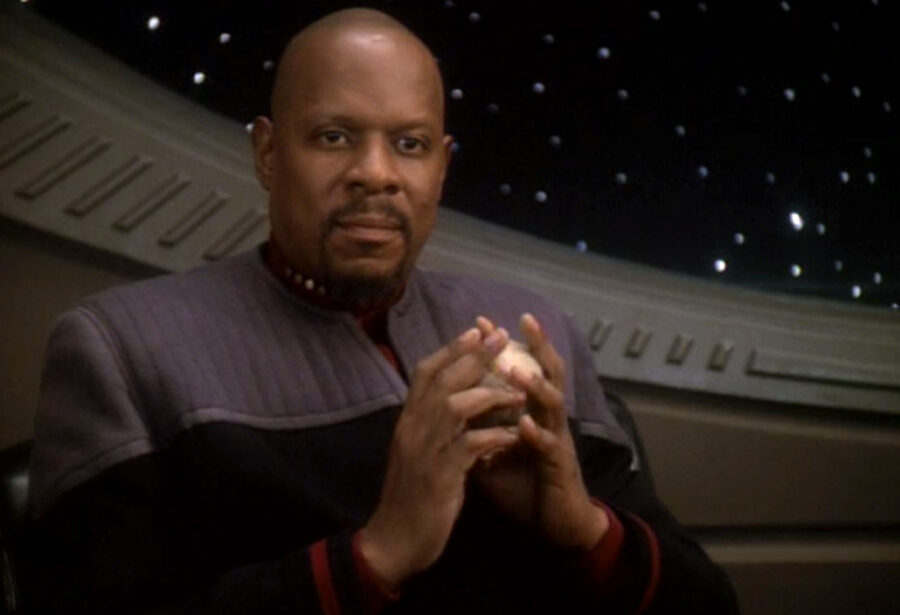
In the Star Trek: Deep Space Nine episodes “Homefront” and “Paradise Lost,” Captain Sisko must help Earth with an unthinkably frightening threat: a shapeshifter infiltration that may have been responsible for a recent bombing. However, Sisko and crew eventually discover that a rogue admiral (Admiral Leyton) has manipulated events in an attempt to try to seize power and take over the entire planet.
Once the news broke out, we can only imagine how the average Federation citizen felt once they discovered how close Starfleet came to a complete military coup of Earth.
In Star Trek, one of the most wildly inconsistent rules is the Prime Directive: we see captains break this directive all the time at their own discretion, which is confusing enough. More confusing, though, is when Captain Picard decides not to break this rule in the TNG episode “Homeward” after he discovers the only village on the planet will be wiped out by an atmospheric catastrophe.
Worf’s brother secretly beams everyone into the holodeck, leaving us with the bleak truth that Picard was willing to consign an entire planet to death because this was one of the few times he wouldn’t to buck the Prime Directive.
While dealing with the Dominion War, Sisko had to make the most morally dubious choices of any Star Trek captain.
Out of all the Star Trek captains, arguably none had to face morally murky decisions quite as much as Captain Sisko, and this is most apparent in the Deep Space Nine episode “In the Pale Moonlight.” Sisko works with the Cardassian spy-turned-tailor Garak in order to get the Romulans to join in the fight against the Dominion, and while the plan is a success, Sisko ends up becoming an accessory to the murder of a Romulan senator (among others).
“I can live with it,” he claims at the end of the episode, but it may be tougher for diehard Starfleet fans to live with the fact that Starfleet heroes will drop their ideals and play dirty whenever they think the stakes are high enough.


